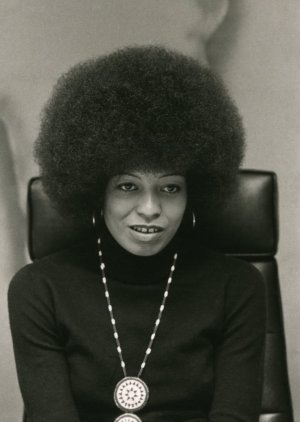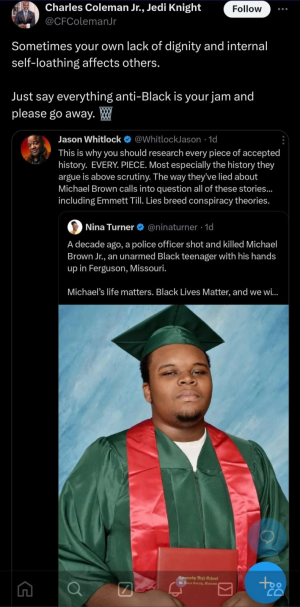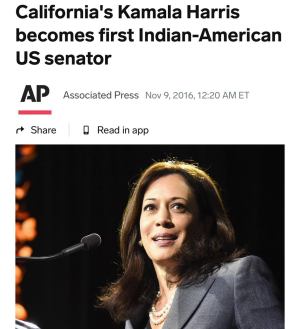- 3,677
- 3,440
understanding YOU are the money, power, and influence.

if more people really thought like this in a grounded, practical, understanding way...instead of the condescending "we are/come from/were kings/queens" wave, which i maybe a problem that every people has to overcome...
serious question, what would those steps be?
i don't know what the steps would be, acknowledging that there is influence/power we do have is important, but there is an existing prevailing system that operates with more influence/power and i think mostly people will have to be understanding about the inevitable comparisons & growing pains; it doesn't have to be an exclusive thing...one could build the one, while participating in the other
BEEN time
my man @Mark Antony called the NAACP Image Awards ‘us giving ourselves participation trophies’
*sheesh*
i think that was probably a poor choice of words, but i took that to mean that some awards translate more readily into influence/money/power/prestige than others. this type thing kinda ends up being the crux of the matter...how much & what, are people willing to compromise; and maybe more importantly how & what they define & understand as compromise...

i cant stress this enough
i come from a family that had one of these businesses since the 1960’s
my family let our business slip away, but will tell you it was stolen from us
over 50 years of business and my grandparents never saw the value in teaching their kids about business or economics so my aunts and uncles never learned it.
i have a cousin that tours the globe singing. extremely smart, he passed the bar but liked performing and made more money.
that wasnt good enough for my grandparents. they wanted him to get a GOOD job and go to work everyday punching a clock
i'd be curious to see a subset of different demographics businesses ownership rates along with failure/success rates; this is the type of thing that looks good as a meme because it seems anecdotally true but not sure it is based in actual fact, something like 50% or more of businesses don't work out, and i don't know that it is the case that most of those groups are business owners...and as mentioned, it could just be that some within those groups have access to capital/credit/networks that aren't available to the people to whom they are being compared?
for as much as the university model seems like a con -or at the very least an expensive undertaking- (especially if not really approaching it thoughtfully) the numbers bear out it is typically correlated with higher earnings across the board...most parents would not necessarily be too in favor of foregoing an expensive university education which, to many a mind at least has the potential for stability, for the life of an artist that on the surface appears perpetually unstable. but ultimately as long as the kid(s) find some relative success in whatever the pursue parents usually are good with it





































